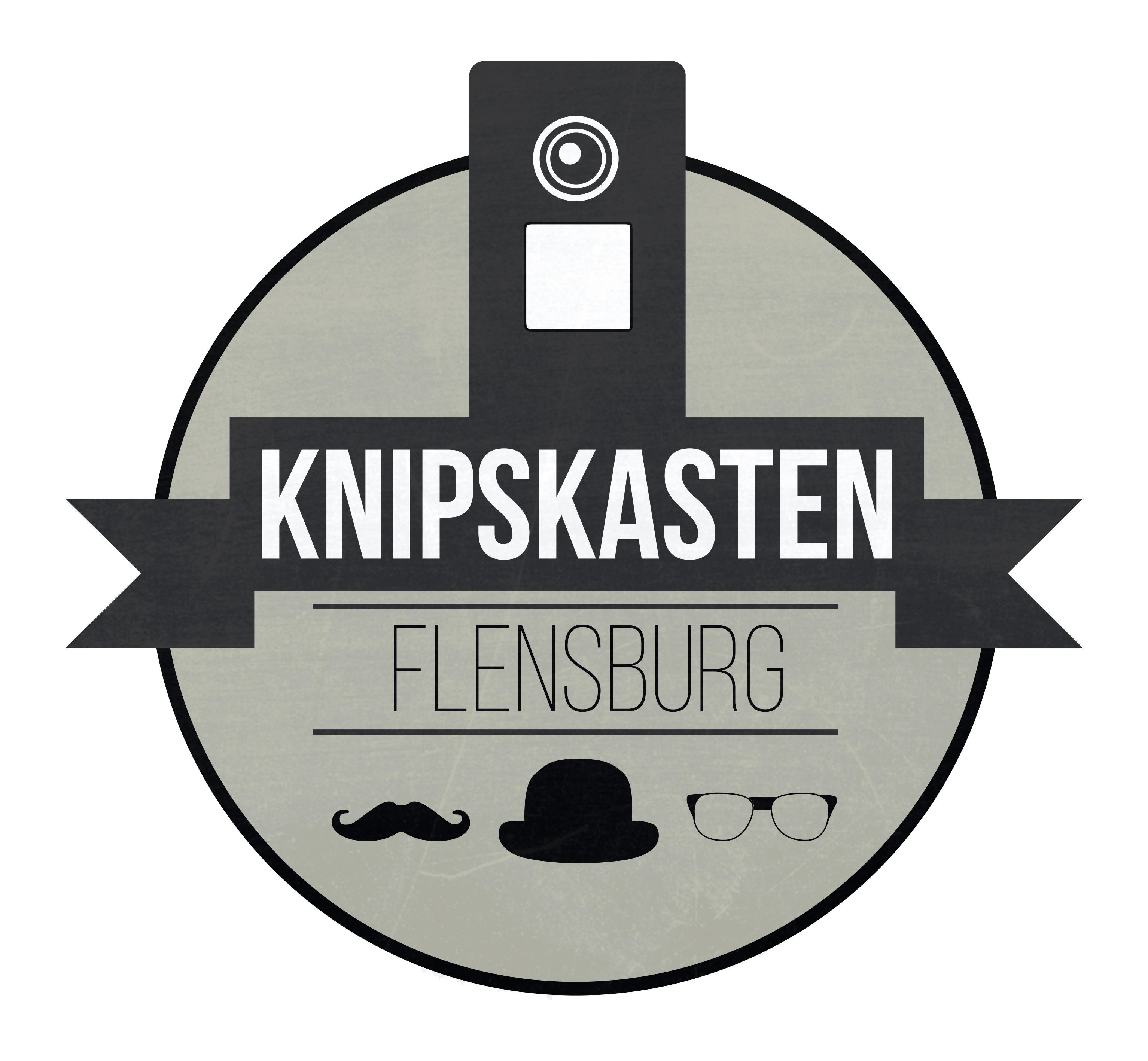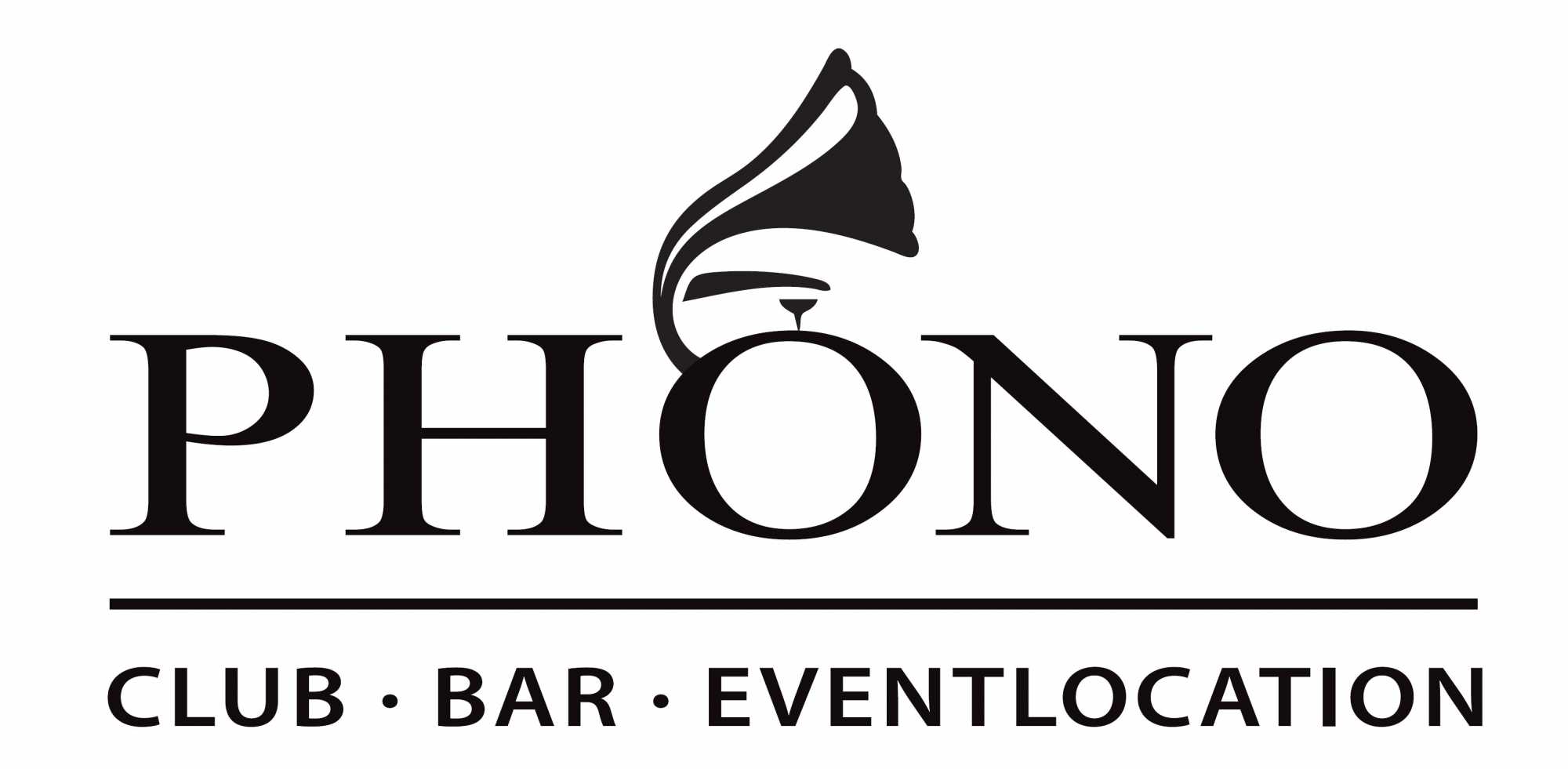- 1 | Michelle Møller Andresen
- 2 | Fie Buus
- 3 | Ida Buus
- 4 | Lena Hymøller
- 5 | Michelle Pauline Pedersen Thaysen
- 6 | Mathilde Gildberg Jessen
- 7 | Elena Deiß
- 8 | Christiane Risager Frøstrup
- 9 | Camilla Brink
- 10 | Anne Cathrine Schoop Petersen
- 11 | Lina Luisa Poulsen
- 12 | Lisann Hagen
- 13 | Stina Sørensen
- 14 | Amelie Petry
- 15 | Sara Bargum
- 16 | Chantal Hörmann
- 17 | Therese Stenderup Jepsen Schmidt
- 18 | Anne Sofie Rhode Peters
- 19 | Antonia Hansen
- 20 | Isabell Møller Brodesen
- 20 | Rikke Sylvest Bøtther
- 22 | Signe Lund
- 23 | Julie Severin Andersen
- 24 | Julie Kongsted Ørnskov
- 25 | Lisa Mau
- 26 | Marianne Andersen
Team Nordschleswig at EUROPEADA
The womens team representing The team "Team Nordschleswig - Æ Mannschaft" will be participating at the Europeada for the first time.
The German minority in Denmark
The "Team Nordschleswig - Æ Mannschaft" represents the German minority in Denmark. Schleswig was until 1864 a duchy of the Kingdom of Denmark. In the northern part they spoke mainly Danish, but the administrative language was German. Economically, Schleswig was oriented to the south and formed a unit with Holstein. 1864 followed the second war for Silesia, which ended with a defeat of Denmark against the Prussians and Austrians and so the duchy of Schleswig became a Prussian province. The Prussian state showed themselves little minority friendly to the German-speaking population in North Schleswig, due to the constraints the Danes moved closer together and consolidated their identity. After the First World War, a referendum was held in Schleswig. The boundaries of the voting areas were determined by the Allies so that the Danish-speaking population and Denmark were benefited. While in North Schleswig the overall result of the territory was crucial, in the southern zone were voted by communities. So the possibility was created to gain corporations with a Danish majority without risking to loose corporations with German majority in North Schleswig. The eligible voters in Northern Schleswig voted with a clear majority for the connection to Denmark. Because in the southern zone only three corporations, that were not right on the border line, predominantly voted for Denmark, South Schleswig remained wholly to Germany. Towards stability took the Second World War and the Bonn-Copenhagen Declarations place; but which turned out disappointing for the German minority, because their demands for amnesty and return of expropriated property have been considered and rejected by the Danish side as interference in internal Danish affairs.
But the road to far-reaching minority rights have paved. The German minority is now recognized in the Kingdom of Denmark with their linguistic and cultural particularity. The german minority in Danmark detach with Mr. Hans Heinrich Hansen till may 2016 the chairman of the FUEN. The main chairman of the “association of German North Schleswiger” is Mr. Hinrich Jürgensen. The German minority in Denmark, who describe themselves as "German Nordschleswiger", consists of about 15,000-20,000 people of a total population of 250,000 in North Schleswig. The German ethnic group maintains its own kindergartens, schools and libraries and an own newspaper called "Nordschleswiger" which reports on many political, sporting and cultural activities of the minority.
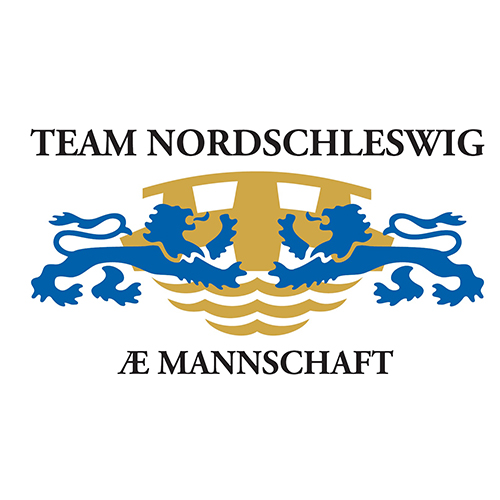



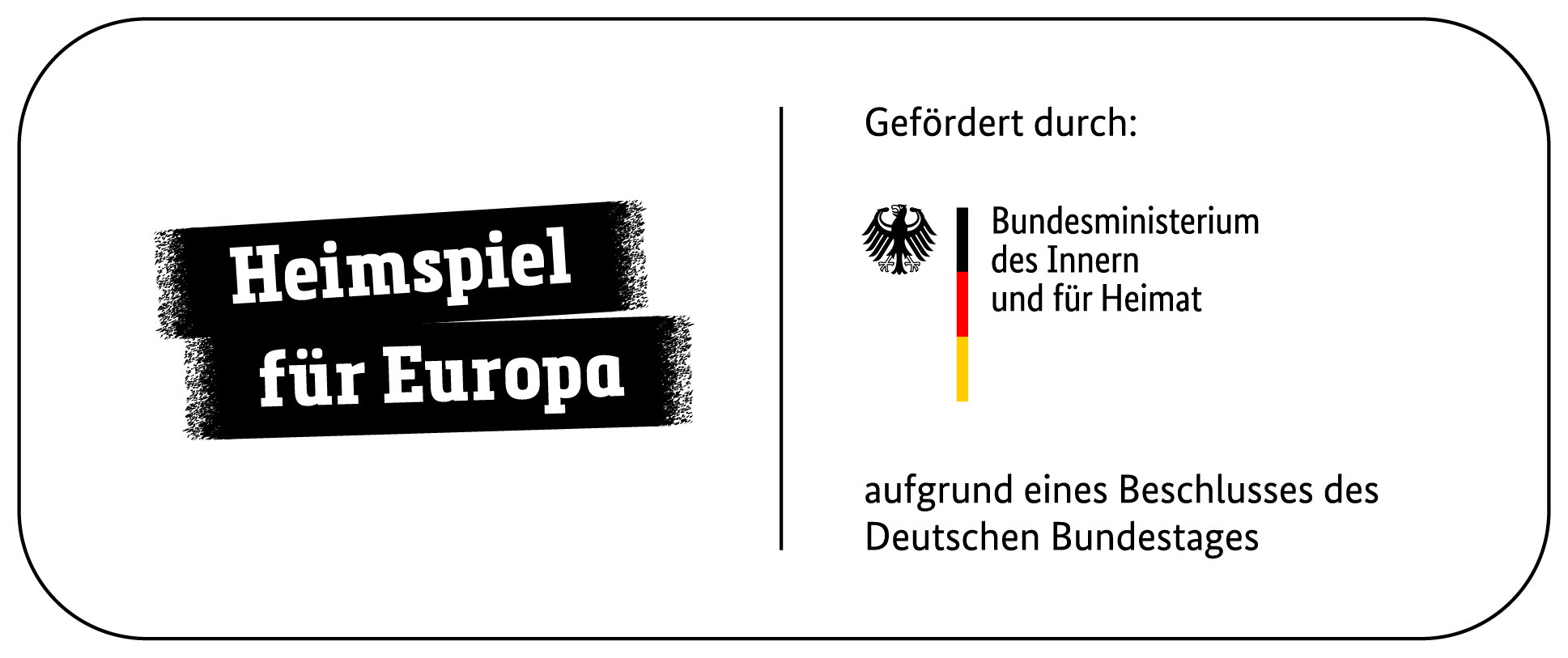
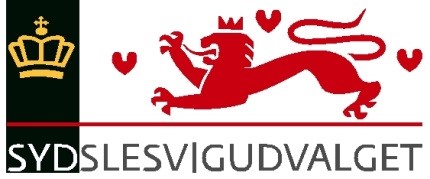



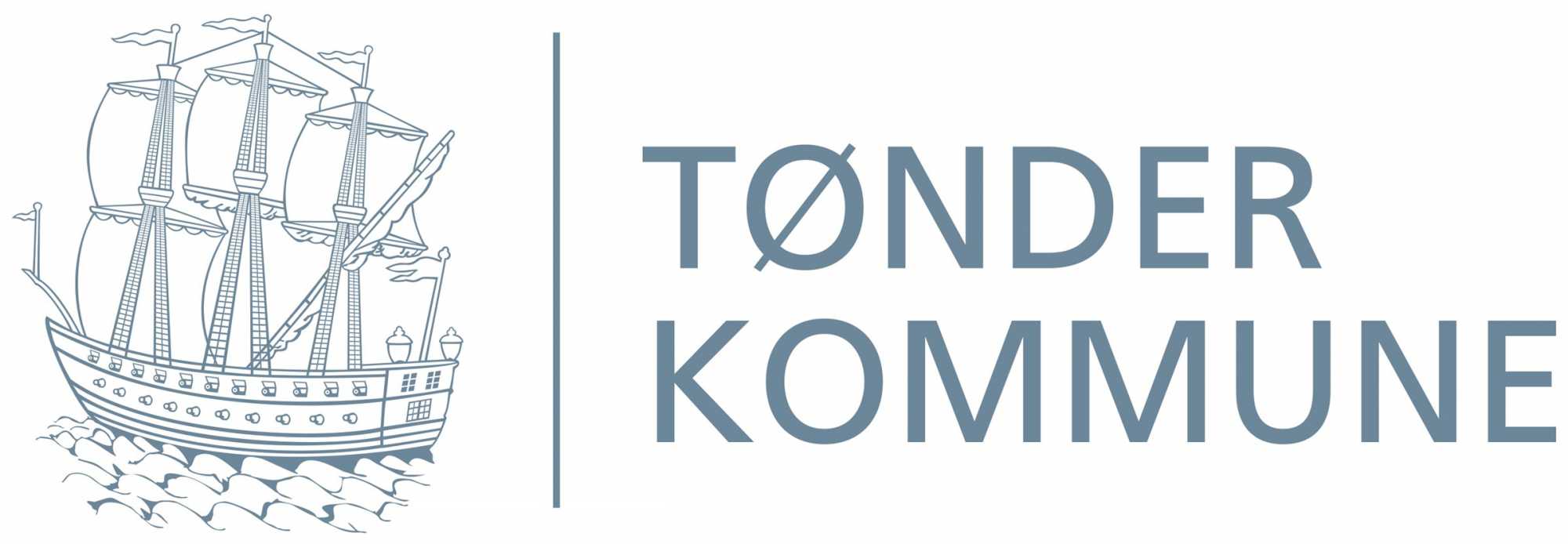
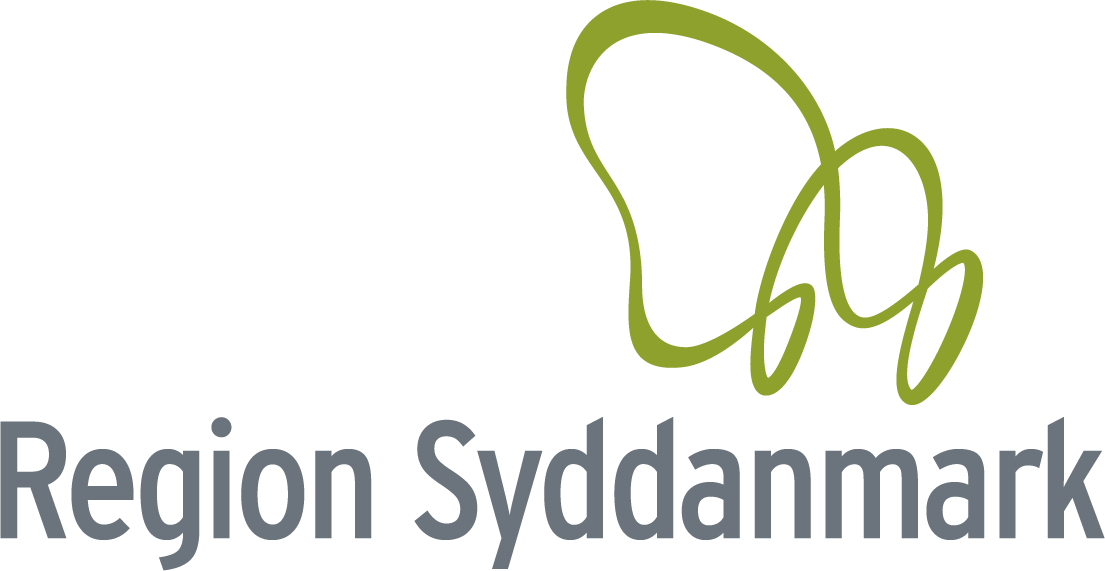
.png)



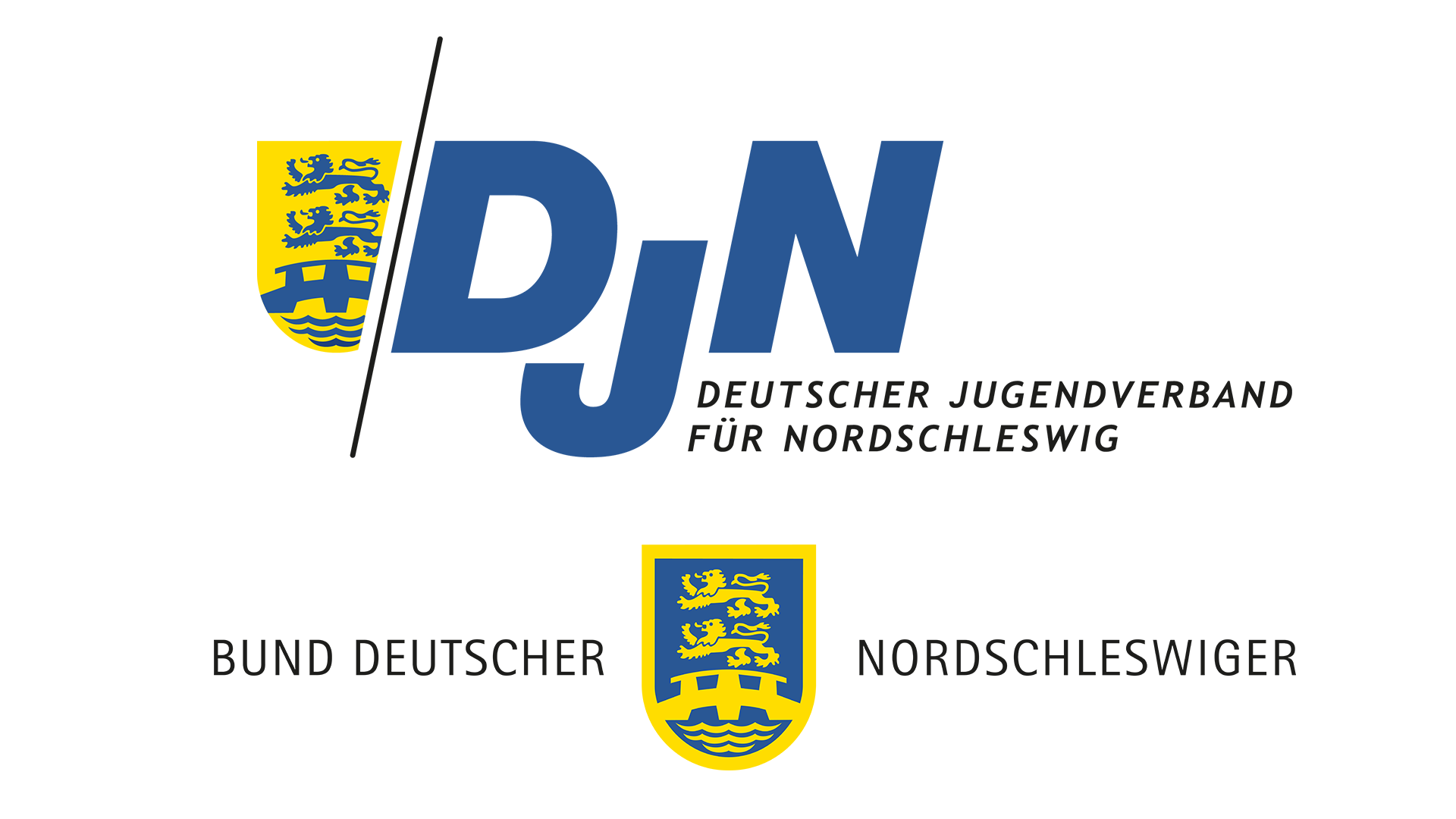
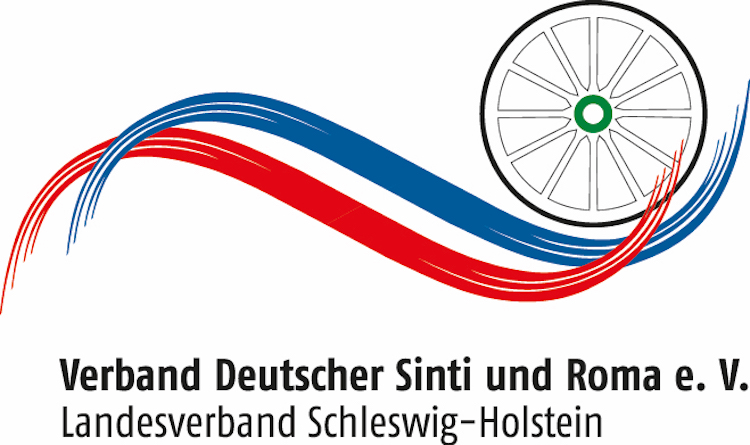

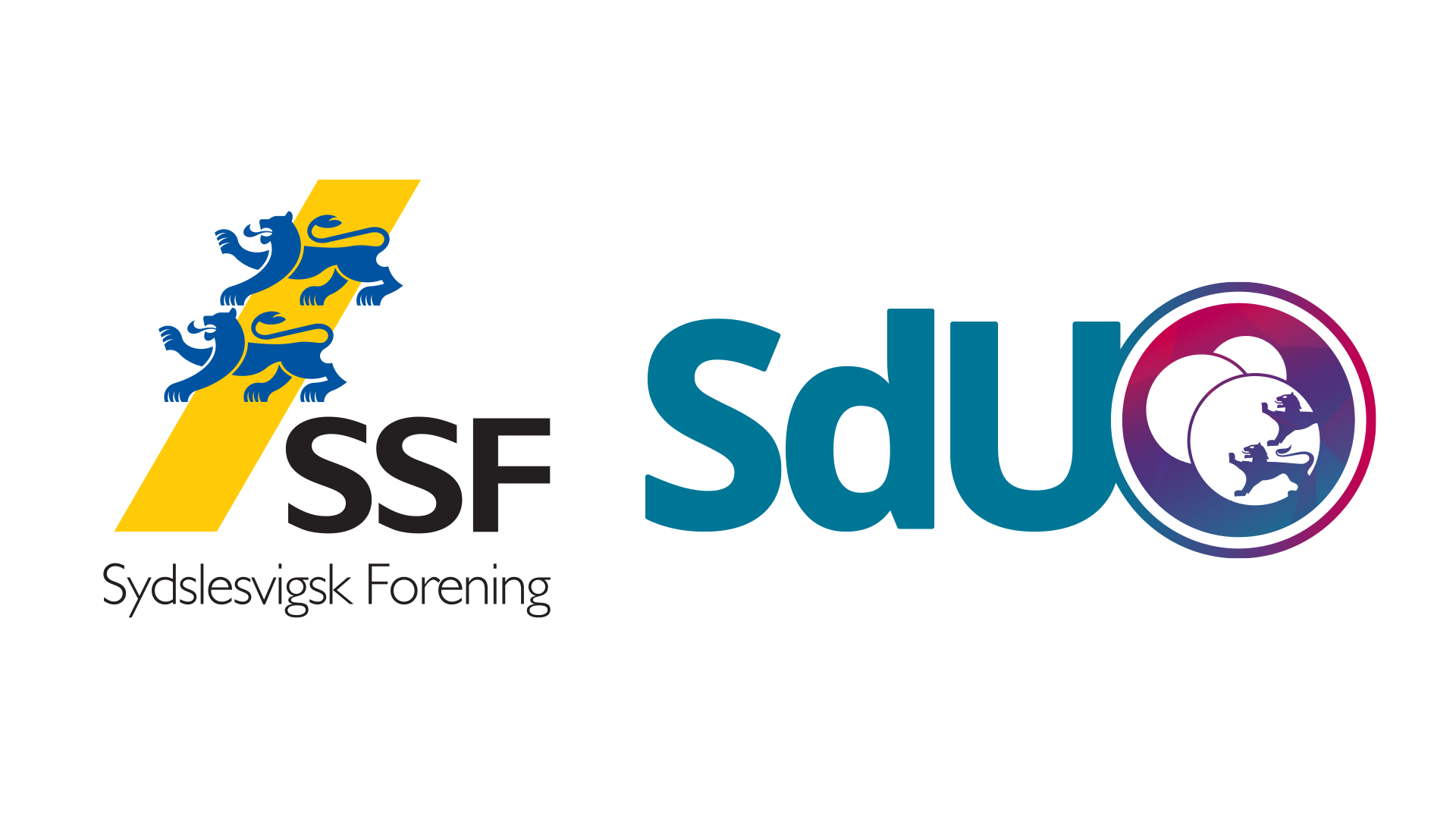
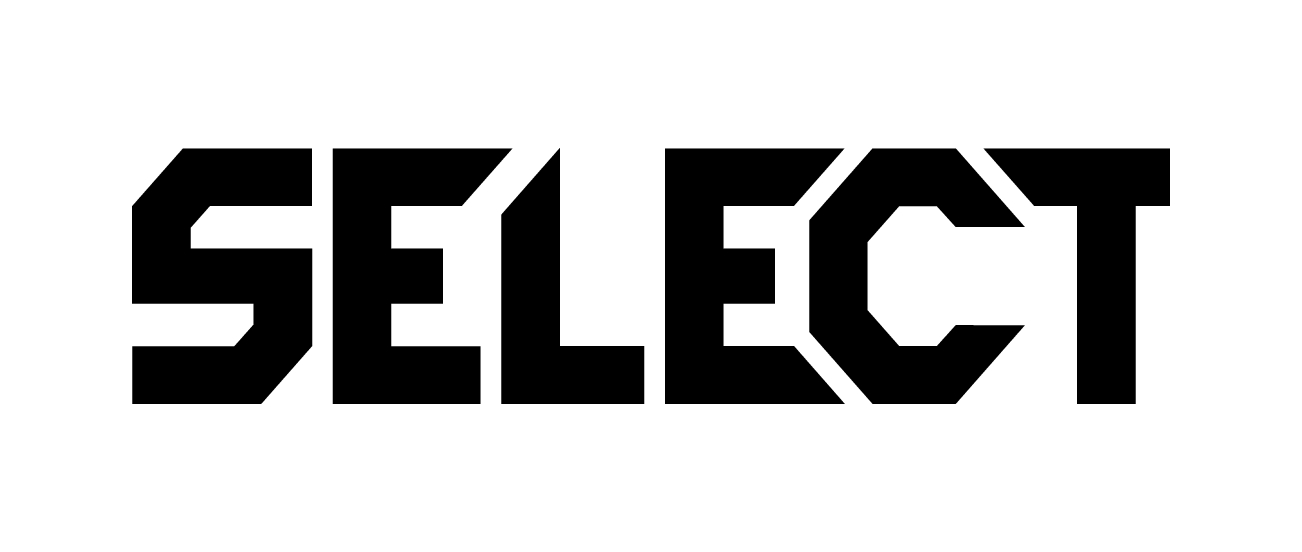

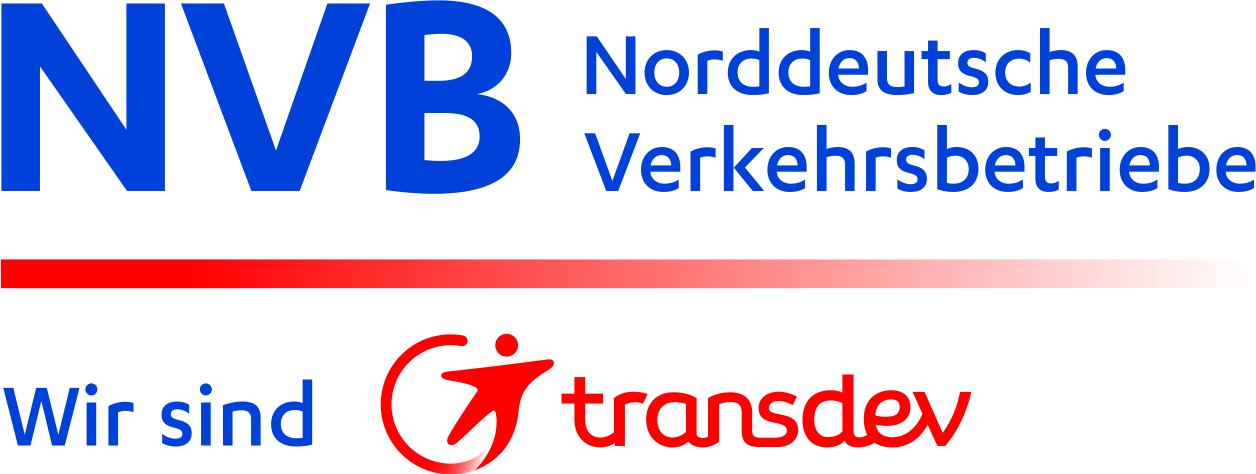

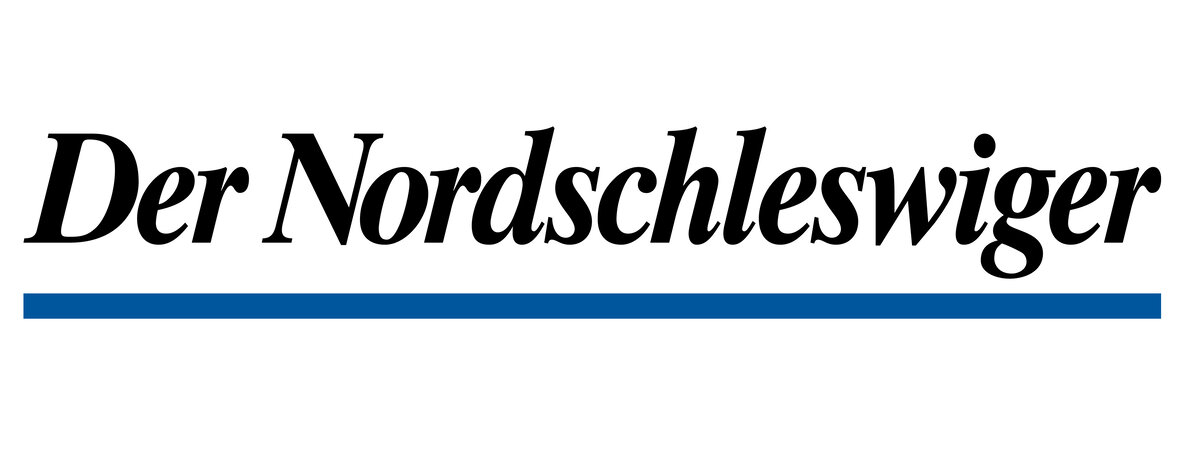




-1.png)
_(1).png)
